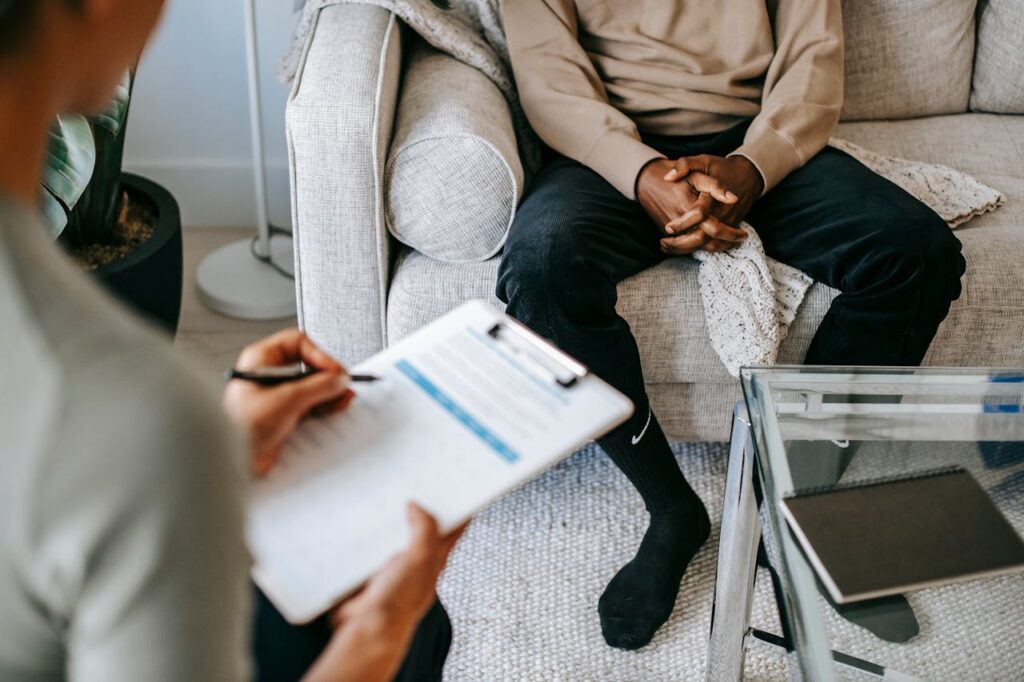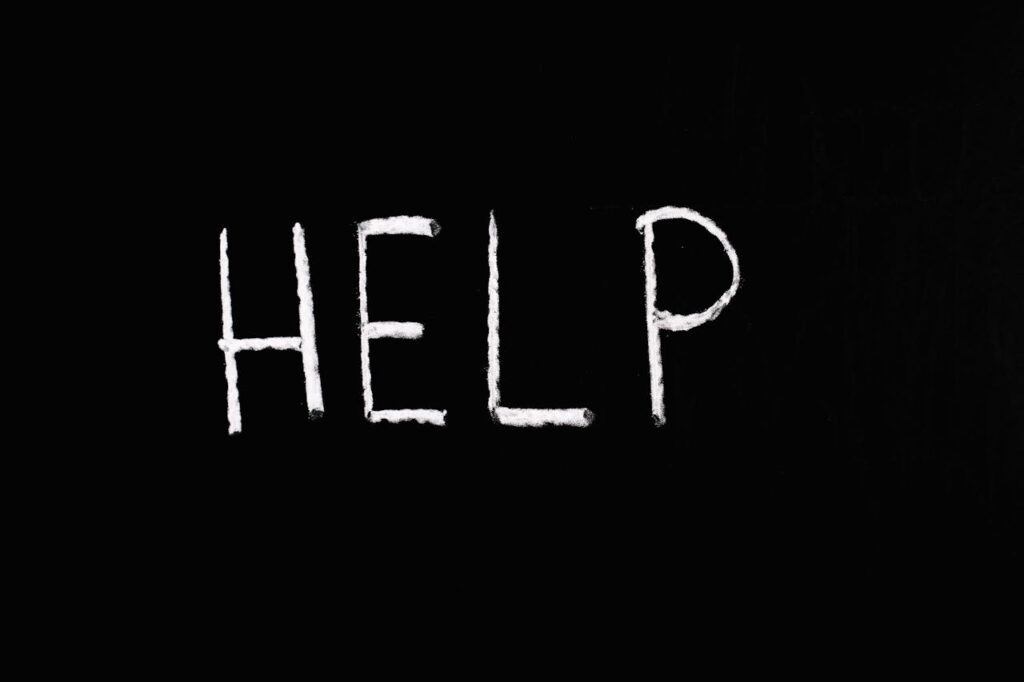Asking for help…
It’s the one thing people need to do, yet so many –especially myself– often refuse to. I missed so many growth opportunities simply because I refused to open my mouth.
The idea of asking for help makes my stomach churn, my body immobilize, and my mind panic. Knowing that I potentially have to reach out my hand for major assistance just irks my soul.
But why do we struggle to seek help when we need it?
At my core, I know there are QUITE a few unnecessary mental barriers trapping me from asking for help. For others, it could be due to past negative experiences or feeling lost and confused.
Today, I’m going to share some strategies I use to make asking for help less of a daunting task.
Why is Asking for Help so Hard?
Okay, so I’m going to be completely vulnerable here…
I’ve had –and kind of still have– very self-restricting beliefs about what success looks like. Asking for help doesn’t align with these thoughts at all. Because of that, I tend not to ask.
But I’m certain whatever reason why we struggle to seek help when we need it falls under one of these categories.
Perfectionism, Stubbornness, and Shame
Honestly, let’s just consider these to be pride. Because if you think about it, pride is rooted in all three traits.
For example, in my life, my pride is on full display when I:
- Refuse to accept a win unless it’s done 100% exactly how I planned (perfectionism)
- Assume that my way of thought is the only correct thought (stubbornness)
- Feel better about myself knowing no one knows when I struggle (shame)
What does pride look like in your life? Is it pretty similar to how I experience it?
Not Knowing What Help You Need

You don’t know what you don’t know.
Until I did some intense self-reflecting years ago, I didn’t know that the things I said earlier were a pride issue. Yet, I’ve had loved ones blatantly tell me that it is.
Did I listen? Nope.
Did not listening cause damage to myself to where I’ve had to seek some mental health support? Yup.
Had I listened to the words of the loving and wise instead of what my head wanted to believe, I could’ve known what help I needed sooner and worked on bettering myself quicker.
You don’t know what you don’t know. But once you do know, it’s time to start getting that help you know you need.
Unsure Which People/Resources can Help
Sometimes, we know what we need but we don’t know how to go about asking for help.
For example, not all of us have easy access to resources for the help needed for mental health support. And personally, I don’t even know who to go to for the things I want to heal from.
For some people, that fear of the unknown makes people reluctant to get that needed help.
Nonetheless, Google exists; even if you at least search for a possible solution to try out, you’re still taking that one step forward to healing.
4 Tips to Make Asking for Help Easier
Below are some strategies that I’ve used to make asking for help feel like less of a burden.

Reframing Help as Strength, Not Weakness
The first step to make asking for help easier is to reframe your beliefs about it.
At first, my perception of asking for help was showing weakness, feeling inferior, and believing I’m not good enough to do it alone.
Now, my perception of help is that it’s:
- Finding the missing piece of the puzzle
- Understanding teamwork
- Building connections with people you can help in return
Shift the mindset that seeking help is a failure. Instead, recognize that it’s a sign of self-awareness and growth.
Starting Small and Practicing
Begin by asking for help with minor things to build confidence before tackling bigger requests.
If asking for mental health support seems too much for you to ask for, try asking for advice for a small pet peeve of yours.
Work your way up until asking for help feels less of a challenge.
Being Specific About What You Need
Once you’ve figured out whatever it is you need help with in a broad sense, make it more specific. Outline –in your head– what the big picture issue is and find out what steps you want to take to gradually overcome this.
The more clear you are about what you need help with, the easier it is to explain it to others.
Choosing the Right Person and Time
Make sure you’re not just opening up to any random person at any random time. Be wise about this.
Someone you know is going through their own mental battles may not be well equipped to help with your problems.
Picking someone approachable, understanding, and knowledgeable, and asking at an appropriate moment can make the process smoother.
Reminding Yourself That People Want to Help
Believe it or not, there are plenty of people in this world who willingly want to help others. Sure, they’re hard to find in a society centered around putting on a show, but they exist.
Those people tend to go out of their way to help others. Make sure not to take advantage of them; they may enjoy helping others but that doesn’t mean you shouldn’t help them in return.
Don’t forget that therapists are a fantastic option to seek help. Despite the several misconceptions people have about seeking a therapist, this would be one of the best things you can do for your mental health.
Asking for Help Doesn’t Have to be Difficult
Even during the darkest times, we struggle to seek help when we need it for unnecessary reasons.
With these mental strategies, asking for help should gradually become easier for you.
And I understand it’ll take time. I still have issues with this, but I know how much farther in life I could be with seeking help.
It takes time, but do what it takes for you to keep moving one step forward.


